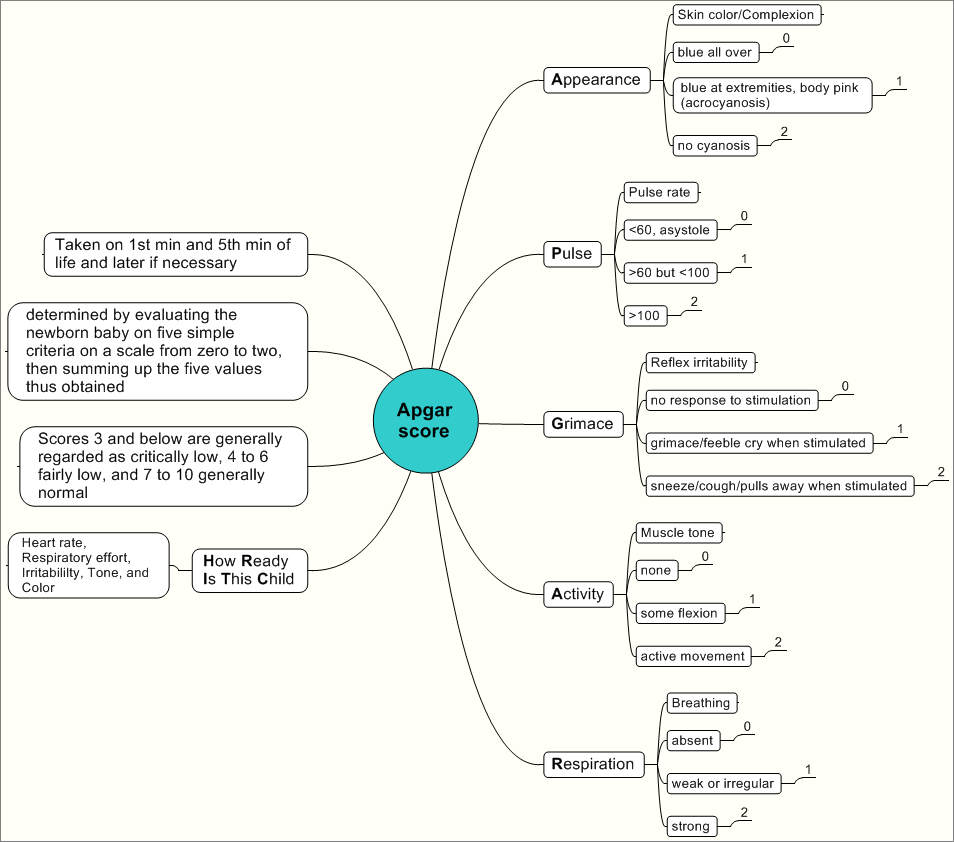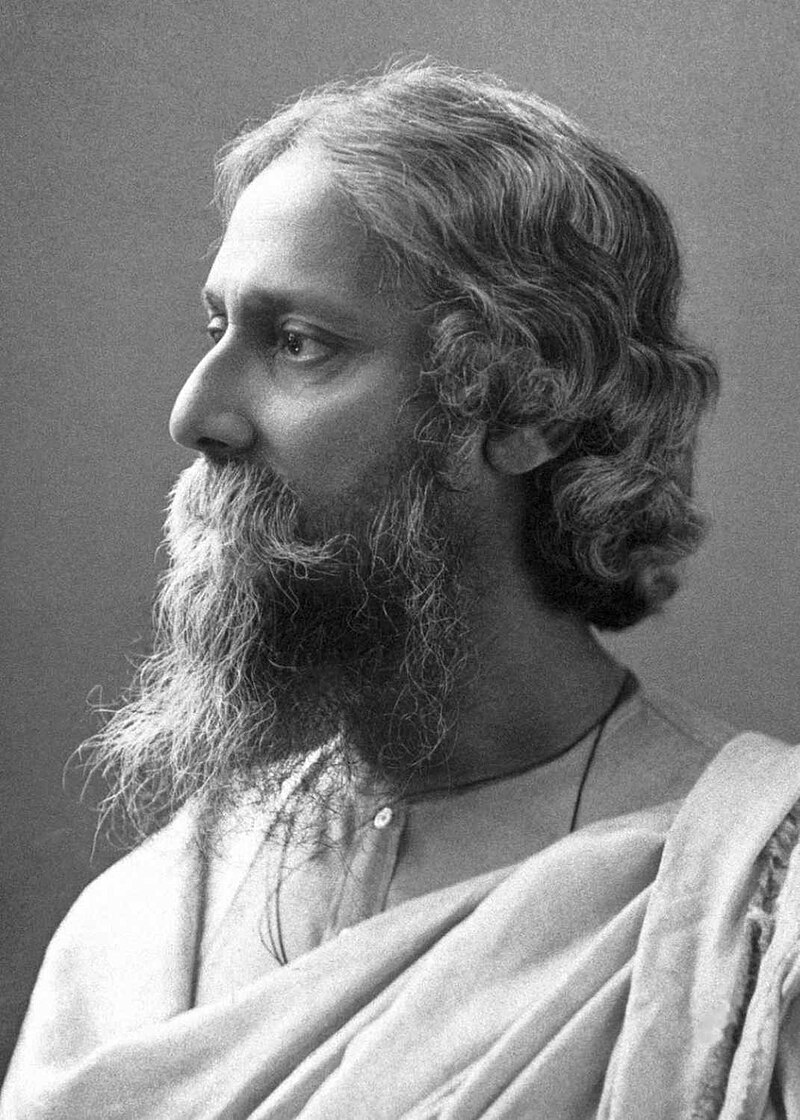domingo, agosto 08, 2021
Raul Solnado deixou-nos há doze anos...
Dustin Hoffman - 84 anos
The Edge faz hoje sessenta anos...!
Postado por
Fernando Martins
às
00:06
0
bocas
![]()
Marcadores: Love Is Blindness, música, Post-punk, Rock, Rock alternativo, The Edge, U2
sábado, agosto 07, 2021
Mata Hari nasceu há 145 anos
Postado por
Pedro Luna
às
14:50
0
bocas
![]()
Marcadores: espia, I Grande Guerra, Mata Hari, pena de morte
Poema adequado à data...
O mundo existe desde que eu fui nado.
Tudo o mais é um… era uma vez
- A história que se contou.
No princípio criou-se o leite que mamei
E eu vi que era bom e chorei
Quando a fonte materna secou.
A terra era sem forma
E vazia;
Havia trevas no abismo.
E formou-se o chão
E amassou-se o pão
Que eu comi.
(Era este aquela esponja que eu mordia,
Que eu babava,
Que eu sujava,
Que uma gente andrajosa pedia).
E então se fez
A geração remota dos papões:
Nascera a esmola, o medo, a prece
E o rosto que empalidece…
E a rosa criou-se,
Desejada,
E logo o espinho,
A lágrima,
O sangue.
Este era vermelho e doce,
A lágrima doce, brilhante, salgada;
No espinho havia o gosto
Da vingança perfumada.
E eu vi que tudo era bom.
E fizeram-se os luminares,
Porque eu tinha olhos,
E o som fez-se de cantares
E de gemidos,
Porque eu tinha ouvidos.
Nasceram as águas
E os peixes das águas
E alguns seres viventes da terra
E as aves dos céus.
O homem que então era vagamente feito,
Dominou o homem, comprimiu-lhe o peito,
E fizeram-se as mágoas
E o adeus,
E eu vi que tudo era bom.
A mulher só mais tarde se fez:
Foi duma vez
Em que eu e ela nos somámos
E ficamos três.
Nisto e no mais se gastaram
Sete longuíssimos dias,
O mundo era feito
E embora por tudo e nada imperfeito,
Eu vi que era bom.
Acaba o mundo
Quando eu morrer.
Sim… será o fim!
Também tu deixas de existir,
No mesmo dia.
E o resto que seguir
É profecia.
in As Três Pessoas (1938) - Políbio Gomes dos Santos
Postado por
Pedro Luna
às
11:00
0
bocas
![]()
Marcadores: poesia, Políbio Gomes dos Santos
Caetano Veloso - 79 anos
Postado por
Fernando Martins
às
07:09
0
bocas
![]()
Marcadores: Bossa nova, Brasil, Caetano Veloso, folk rock, Maria Gadú, MPB, música, O Leãozinho, rock psicadélico, Tropicalismo
Oliver Hardy morreu há 64 anos
Postado por
Fernando Martins
às
06:40
0
bocas
![]()
Marcadores: actor, cinema, Humor, O Bucha e Estica, Oliver Hardy
Bruce Dickinson, vocalista dos Iron Maiden, faz hoje 63 anos
Postado por
Fernando Martins
às
06:30
0
bocas
![]()
Marcadores: Aces High, Bruce Dickinson, hard rock, heavy metal, Iron Maiden, música
Políbio Gomes dos Santos nasceu há cento e dez anos
Chamam-me lá em baixo.
São as coisas que não puderam decorar-me:
As que ficaram a mirar-me longamente
E não acreditaram;
As que sem coração, no relâmpago do grito,
Não puderam colher-me.
Chamam-me lá em baixo,
Quase ao nível do mar, quase à beira do mar,
Onde a multidão formiga
Sem saber nadar.
Chamam-me lá em baixo
Onde tudo é vigoroso e opaco pelo dia adiante
E transparente e desgraçado e vil
Quando a noite vem, criança distraída,
Que debilmente apaga os traços brancos
Deste quadro negro - a Vida.
Chamam-me lá em baixo:
Voz de coisas, voz de luta.
É uma voz que estala e mansamente cala
E me escuta.
in Voz que Escuta (1939) - Políbio Gomes dos Santos
Postado por
Fernando Martins
às
01:10
0
bocas
![]()
Marcadores: neo-realismo, Novo Cancioneiro, poesia, Políbio Gomes dos Santos
Verginia Apgar morreu há 47 anos
| Tabela para cálculo do índice | |||
| Pontos | 0 | 1 | 2 |
| Frequência cardíaca | Ausente | <100/min | >100/min |
| Respiração | Ausente | Irregular | Forte/Choro |
| Tónus muscular | Flácido | Flexão de pernas e braços | Movimento ativo e boa flexão |
| Cor | Cianose ou palidez | Cianose de extremidades | Rosado |
| Irritabilidade reflexa ao cateter nasal | Ausente | Alguns movimento ou caretas | Espirros ou choro |
| |
Postado por
Fernando Martins
às
00:47
0
bocas
![]()
Marcadores: Índice de Apgar, Medicina, neonatologia, Virginia Apgar
Um duplo atentado matou 223 pessoas em África há 23 anos
The bombings are widely believed to have been revenge for American involvement in the extradition, and alleged torture, of four members of Egyptian Islamic Jihad (EIJ) who had been arrested in Albania in the two months prior to the attacks. Between June and July, Ahmad Isma'il 'Uthman Saleh, Ahmad Ibrahim al-Sayyid al-Naggar, Shawqi Salama Mustafa Atiya and Mohamed Hassan Tita were all renditioned from Albania to Egypt, with the cooperation of the United States; the four men were accused of participating in the assassination of Rifaat el-Mahgoub, as well as a later plot against the Khan el-Khalili market in Cairo. The following month, a communique was issued warning the United States that a "response" was being prepared to repay them for their interference.
Wright concludes that bin Laden's actual goal was "to lure the United States into Afghanistan, which had long been called 'The Graveyard of Empires.'" According to a 1998 memo authored by Mohammed Atef and seized by the FBI, around the time of the attacks, al-Qaeda had both an interest in and specific knowledge of negotiations between the Taliban and the American-led gas pipeline consortium CentGas.
In May 1998, a villa in Nairobi was purchased by one of the bombers for the purpose of accommodating bomb building in the garage. Sheikh Ahmed Salim Swedan purchased a beige Toyota Dyna truck in Nairobi and a 1987 Nissan Atlas refrigeration truck in Dar es Salaam. Six metal bars were used to form a "cage" on the back of the Atlas to accommodate the bomb.
In June 1998, KK Mohamed rented House 213 in the Illala district of Dar es Salaam, about four miles (6 km) from the U.S. Embassy. A white Suzuki Samurai was used to haul bomb components hidden in rice sacks, from House 213.
In both Nairobi and Dar es Salaam, Mohammed Odeh supervised construction of two massive, 900kg destructive devices. The Nairobi bomb was made of 400 to 500 cylinders of TNT (about the size of soda cans), aluminum nitrate, aluminum powder and detonating cord. The explosives were packed into some twenty specially designed wooden crates that were sealed and then placed in the bed of the trucks. Muhsin Musa Matwalli Atwah ran a wire from the bomb to a set of batteries in the back of the truck cab and then to a detonator switch beneath the dashboard. The Dar es Salaam bomb used a slightly different construction: the TNT was attached to fifteen oxygen tanks and gas canisters, and was surrounded with four bags of ammonium nitrate fertilizer and some sand bags to tamp and direct the blast.
The bombings were scheduled for August 7, the eighth anniversary of the arrival of American troops in Saudi Arabia, likely a choice by Osama bin Laden.
While driver Azzam drove the Toyota Dyna quickly toward the Nairobi embassy along with Mohamed Rashed Daoud Al-Owhali, local security guard Benson Okuku Bwaku was warned to open the gate immediately – and fired upon when he refused to comply. Al-Owhali threw a stun grenade at embassy guards before exiting the vehicle and running off. Osama bin Laden later offered the explanation that it had been Al-Owhali's intention to leap out and shoot the guards to clear a path for the truck, but that he had left his pistol in the truck and subsequently ran off. As Bwaku radioed to Marine Post One for backup, the truck detonated.
The explosion damaged the embassy building and flattened the neighbouring Ufundi Building where most victims were killed, mainly students and staff of a secretarial college housed here. The heat from the blast was channelled between the buildings towards Haile Selassie Avenue where a packed commuter bus was burned. Windows were shattered in a radius of nearly one kilometer. A large number of eye injuries occurred because people in buildings nearby who had heard the first explosion of the hand grenade and the shooting went to their office windows to have a look when the main blast occurred and shattered the windows.
Meanwhile, the Atlas truck in Dar es Salaam was being driven by Hamden Khalif Allah Awad, known as "Ahmed the German" due to his blonde hair, a former camp trainer who had arrived in the country only a few days earlier. The death toll was less than in Nairobi as the U.S. embassy was located outside the city center on Bagamoyo Road on a large plot with no immediate neighbours close to the gate where the explosion occurred.
Following the attacks, a group calling itself the "Liberation Army for Holy Sites" took credit for the bombings. American investigators believe the term was a cover used by Egyptian Islamic Jihad, who had actually perpetrated the bombing.
In Sudan, the missiles destroyed the Al-Shifa pharmaceutical factory, where 50% of Sudan's medications for both people and animals were manufactured. The Clinton administration claimed that there was ample evidence to prove that the plant produced chemical weapons, but a thorough investigation after the missile strikes revealed that the intelligence was false.[24]
The United Nations Security Council passed Resolution 1189 condemning the attacks on the embassies.
Both embassies were heavily damaged and the Nairobi embassy had to be rebuilt. It is now located across the road from the office of the World Food Programme for security purposes. A few months after the attacks and subsequent American missile strikes in Afghanistan, the American energy company Unocal withdrew its plans for a gas pipeline through Afghanistan.
Within months following the bombings, the United States Department of State Bureau of Diplomatic Security added Kenya to its Antiterrorism Assistance Program (ATA), which was originally created in 1983. While the addition was largely a formality to reaffirm America's commitment to fighting terrorism in Kenya, it nonetheless sparked the beginning of an active bilateral antiterrorism campaign between the United States and Kenya. The U.S. Government also rapidly and permanently increased the monetary aid to Kenya. Immediate changes included a $42 million grant targeted specifically towards Kenyan victims.
Postado por
Fernando Martins
às
00:23
0
bocas
![]()
Marcadores: Al Qaeda, carro-bomba, Dar es Salaam, Nairobi, Osama bin Laden, Quénia, Tanzânia, terrorismo, USA
Rabindranath Tagore morreu há oitenta anos...
Disse-me baixinho:
— Meu amor, olha-me nos olhos.
Ralhei-lhe, duramente, e disse-lhe:
— Vai-te embora.
Mas ele não foi.
Chegou ao pé de mim e agarrou-me as mãos...
Eu disse-lhe:
— Deixa-me.
Mas ele não deixou.
Encostou a cara ao meu ouvido.
Afastei-me um pouco,
fiquei a olhá-lo e disse-lhe:
— Não tens vergonha? Nem se moveu.
Os seus lábios roçaram a minha face.
Estremeci e disse-lhe:
— Como te atreves?
Mas ele não se envergonhou.
Prendeu-me uma flor no cabelo.
Eu disse-lhe:
— É inútil.
Mas ele não fez caso.
Tirou-me a grinalda do pescoço
e abalou.
Continuo a chorar,
e pergunto ao meu coração:
Porque é que ele não volta?
in O Coração da Primavera - Rabindranath Tagore
Postado por
Fernando Martins
às
00:08
0
bocas
![]()
Marcadores: bengali, Índia, Índia Britânica, literatura, música, poesia, polímata, Prémio Nobel, Rabindranath Tagore
...it's a long way...
It's a Long Way - Caetano Veloso
Woke up this morning
Singing an old, old Beatles song
We're not that strong, my lord
You know we ain't that strong
I hear my voice among others
In the break of day
Hey, brothers, say, brothers
It's a long, a long, a long, a long
A long, a long, a long way
It's a long way, it's a long
It's a long, a long, a long
It's a long, a lo-long, a lo-long, a long, a long, a long
It's a long, a long
It's a long, a lo-long, a lo-long, a lo-long, a long
A long, a long, it's a long, it's a long way
It's a long, a long, a long, it's a a long way
It's a long, a long, a long, a long way
It's a long, a lo-long, a lo-long
A long, a long, a long, a lo-long, a lo-long
It's a long way, it's a long
Ozóio' da cobra verde
Hoje foi que arreparei
Se arreparasse há mais tempo
Não amava quem…
It's a long way, it's a long
It's a long way
It's a long, a long, a long, a lo-long, a lo-long way
It's a long way, it's a a long way
It's a long, it's a long, long, long
It's a long, a lo-long, a lo-long, a lo-long, a lo-long
A lo-long, a lo-long, a lo-long, a lo-long, a long, a long way
It's a long, it's a long way, it's a long
Arrenego de quem diz
Que o nosso amor se acabou
Ele agora está mais firme
Do que quando começou
Arrenego de quem diz
Que o nosso amor se acabou
Ele agora está mais firme
Do que quando começou
It's a long road, it's a long
It's a long road
It's a long and winding road
It's a long and winding road
It's a long and winding road
It's a long and winding road
It's a long and winding, long and winding
Long and winding, long and winding road
It's a long road
It's a long, it's a long road
It's a long, a lo-long, a lo-long, a lo-long, a lo-long
It's a long, a lo-long, a lo-long, a long, a long, a long
It's a long, a lo-long, a lo-long, a lo-long, a lo-long
It's a long
It's a long, a long, a long
It's a long, a lo-long, a lo-long, a lo-long, a lo-long
A lo-long, a lo-long, a lo-long, it's a long
A água com areia
Brinca na beira do mar
A água passa, a areia fica no lugar
It's a hard world
It's a hard world
It's a hard world
Hard, love, wind
E se não tivesse o amor
E se não tivesse essa dor
E se não tivesse o sofrer
E se não tivesse o chorar
E se não tivesse o amor
E se não tivesse? E se não tivesse?
E se não tivesse?
No Abaeté tem uma lagoa escura
Arrodeada de areia branca
No Abaeté tem uma lagoa escura
Arrodeada de areia branca
Arrodeada de areia branca
Ô de areia branca, ô de areia branca
Ô de areia branca, ô de areia branca
Ô de areia branca, ô de areia branca
Ô de areia, ô de areia
Ô de areia, ô de areia
Ô de areia, ô de areia
Ô de areia, ô de areia, ô de areia
Woke up this morning
Singing an old, old Beatles song
We're not that strong, my lord
You know we ain't that strong
I hear my voice among others
Postado por
Fernando Martins
às
00:07
0
bocas
![]()
Marcadores: Algarve, Caetano Veloso, férias, It's a Long Way, música
sexta-feira, agosto 06, 2021
Enola Gay - às vezes é asneira homenagear a mãe em tempos de guerra...
The OMD (Orchestral Manoeuvres in the Dark) - Enola Gay
Enola Gay, you should have stayed at home yesterday
Aha words can't describe the feeling and the way you lied
These games you play, they're gonna end it more than tears someday
Aha Enola Gay, it shouldn't ever have to end this way
It's 8:15, and that's the time that it's always been
We got your message on the radio, conditions normal and you're coming home
Enola Gay, is mother proud of little boy today
Aha this kiss you give, it's never ever gonna fade away
Enola Gay, it shouldn't ever have to end this way
Aha Enola Gay, it shouldn't fade in our dreams away
It's 8:15, and that's the time that it's always been
We got your message on the radio, conditions normal and you're coming home
Enola Gay, is mother proud of little boy today
Aha this kiss you give, it's never ever gonna fade away
Postado por
Pedro Luna
às
11:11
0
bocas
![]()
Marcadores: 1945, bomba atómica, Enola Gay, Hiroshima, II Grande Guerra, música, OMD, Orchestral Manoeuvres In The Dark

.jpg/800px-U2_in_Auckland_(49041710751).jpg)


_2015_(22926554975).jpg/1280px-Ordem_do_M%C3%A9rito_Cultural_(OMC)_2015_(22926554975).jpg)











